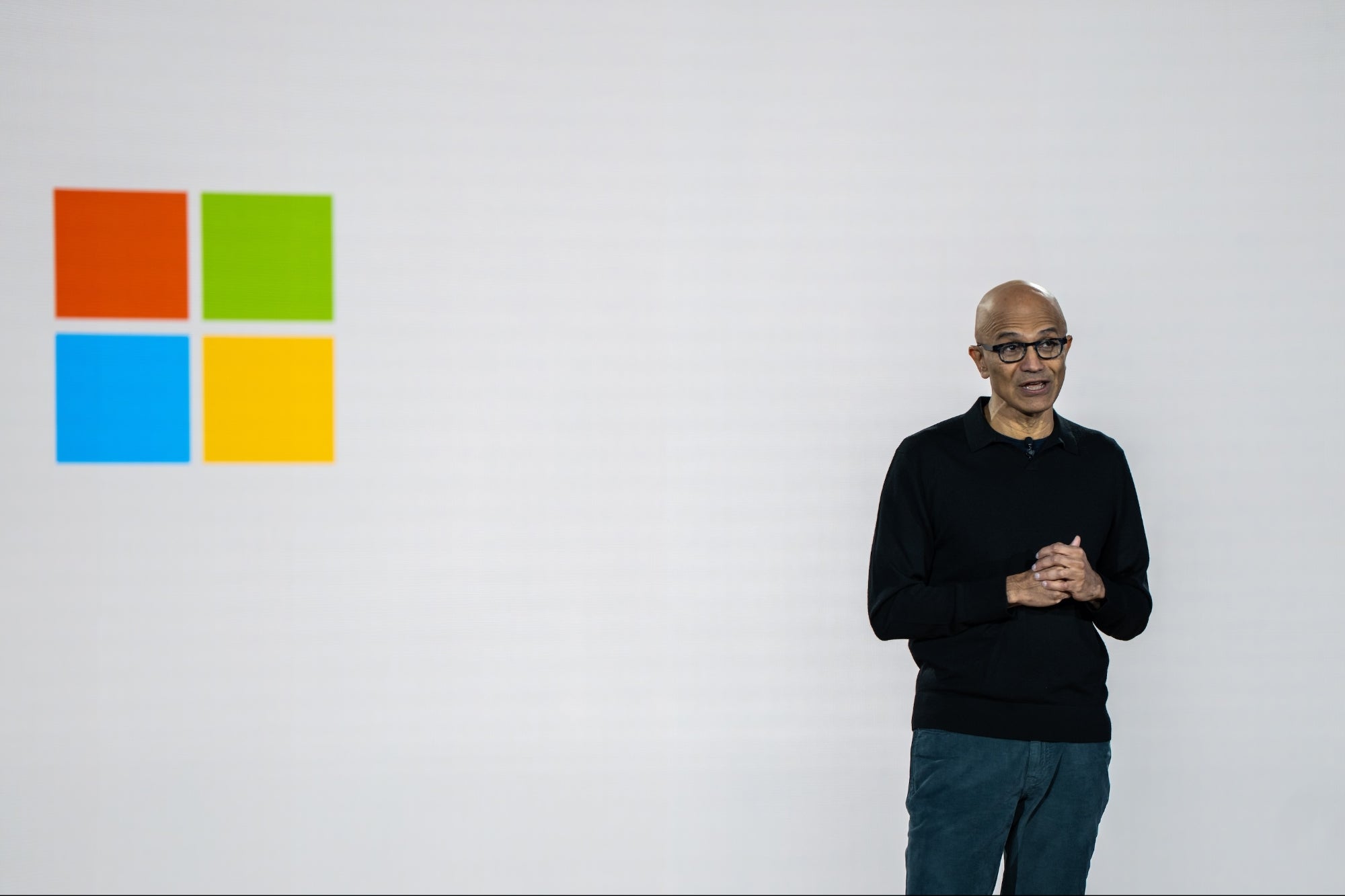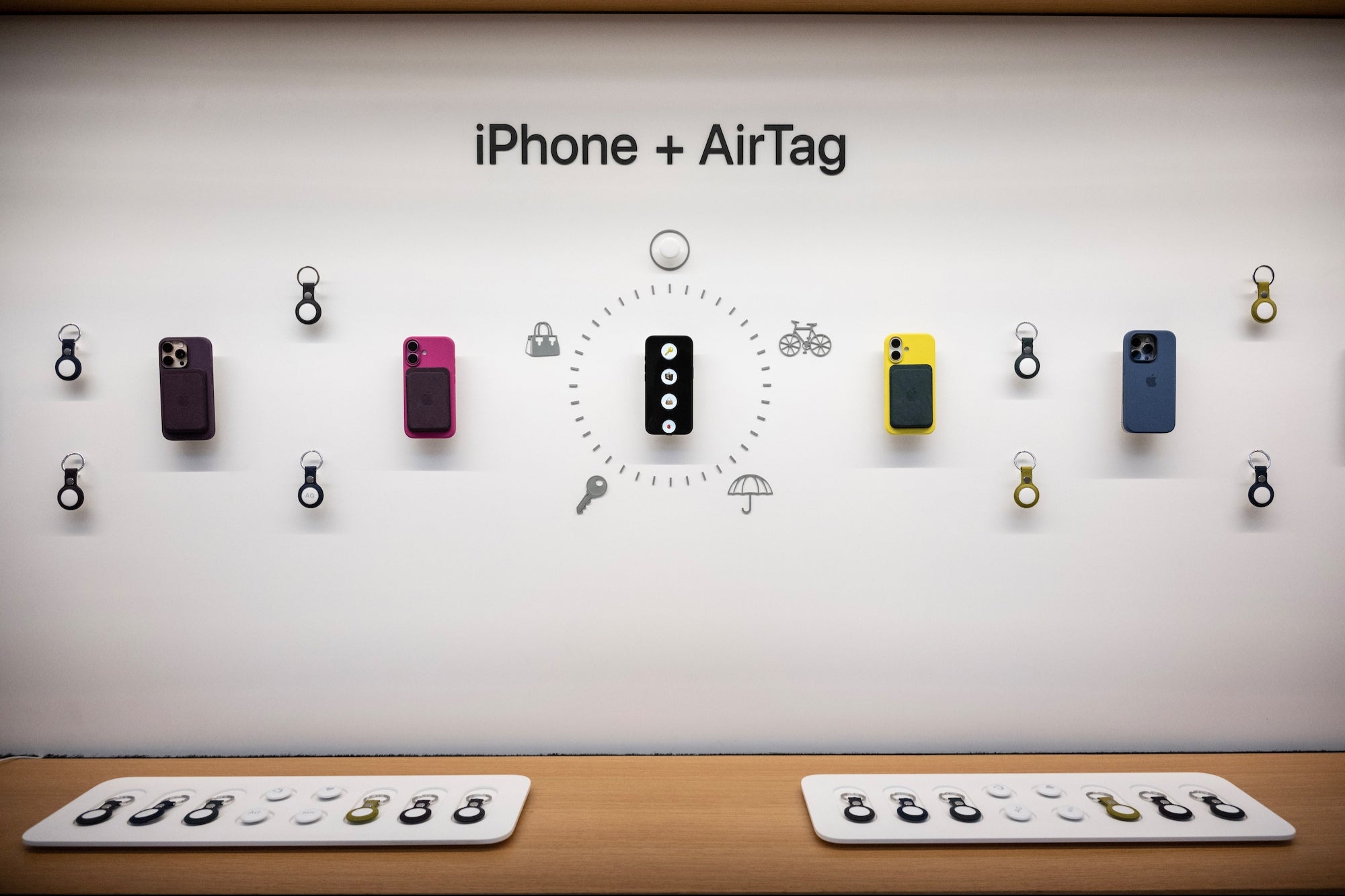How to Effectively Communicate With Different Brain Types Knowing the way your audience processes information can greatly help you structure your most important points.
By Michael Cooper Edited by Dan Bova
Opinions expressed by BIZ Experiences contributors are their own.

To be a great communicator or leader, you must know your audience. Using brain types to understand your audience makes effective communication much simpler because you can customize and organize what you say to match the information needs of those you're addressing. Information needs include the who, what, where, when, why and how of any given situation or task.
When communicating with an audience, it's important to know that people switch from external processing (listening) to internal processing (thinking) when their specific information needs have been fulfilled. The next time you're speaking with an employee or your entire staff, pay attention -- you can actually see when someone switches over from external to internal processing, and tunes you out.
Related: Words Do Matter In Workplace Communication
That switch is normal and natural. You do it too when you're listening. If you structure your communication to fulfill information needs properly, it won't matter that your audience tunes you out, because you will have made sure they already have the information they need to make progress.
Controllers + Managers' main information needs are what and when. When communicating with this type individually or as a group, it's important to understand that they normally feel time-starved, so they'll want you to "bottom line" everything to avoid wasting time with unnecessary information.
If you streamline your communication with this brain type, they are more likely to hear you. Start with business first, and if time allows, ask about their personal life or weekend plans at the end of your conversation.
Innovators + Influencers' main information need is why. When communicating with this type, be sure to provide context for why an assignment or task is important and give information about the impact it will make. Be sure to ask for their opinion -- it demonstrates that you respect them. If this type doesn't know why a task or assignment is important, they are likely to avoid it or postpone it. They need that context to work effectively.
Related: Leaders Can Achieve 'Personal Mastery' With These Simple Steps
Nurturers + Harmonizers' main information need is who. When communicating with this type, be aware that they also need to understand what, when and why, but "who" is most important to them. Knowing who will often change how they approach a task or assignment because they want to please the person it is intended for.
Be sure to ask if they are familiar with the process to complete the task or assignment because they like routine and will follow your company's preferred process unless asked to do otherwise. If this task is new or if you have specific needs around how a task is completed, be sure to communicate that, otherwise, this type will follow the process they are comfortable with.
Systemizers + Analyzers' main information needs are all the information you have -- over-communicate if necessary to address questions that will arise once they've had the time to think about what you've communicated to them. Be sure to allow for processing time after you make your request. They will need some time to consider a task before getting started. Also, make yourself available for questions or concerns because it's important for this type to avoid risks and mistakes.
When speaking with an audience that has several or all brain types present, it's important to communicate the information needs in a sequence that will maximize uptake by your entire audience. A little trick here is that each type has a different attention span, with Managers + Controllers being the shortest.
So when speaking or even writing an email, letter or webpage content, it's important to communicate information in this order: what, when, why, who, how, where and then everything else. That way, even those who don't focus well for long periods of time will be sure to get the memo.
Related: What to Do When Your Employees Aren't Living Up to Expectations











